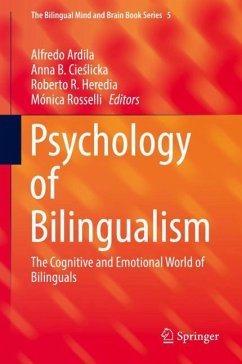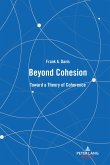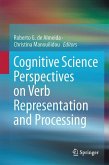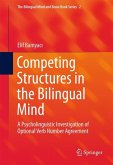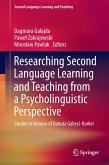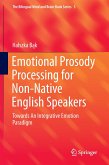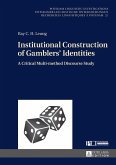The aim of this volume is to integrate the current literature about the psychological dimensions of bilingualism: that is, to analyze psychological, subjective, and internal perspectives on bilingualism. What is the internal world of bilinguals like? How do they perceive the world and how do they think? What are the advantages and disadvantages of being bilingual? How does bilingualism interact with personality? In what way does being bilingual impact the aging mind? Renowned and emerging scholars alike explore these questions in the collected chapters.
The organization of the book features four main component parts: (1) the inner cognitive world of the bilingual mind (2) bilingual language representation, and (3) bilingualism across the lifespan, and 4) bilingual cognitive and personality dimensions. Taken collectively, the included chapters provide a multidimensional and up-to-date perspective on bilingual studies, specifically concentrating on the cognitive andemotional dimensions of the individual. Chapter topics include:
Conceptual Metaphor Theory
Bilingual Figurative Language Processing
Aging in Bilinguals
Psychopathology in Bilinguals
Personality Traits in Bilinguals
Addressing the growing demand for bilingual research, this collection provides a timely and much needed perspective on the bilingual as an individual, exploring his/her internal world and a range of phenomena, including emotional word processing, personality traits, language effects on the mind, and cognitive effects of bilingualism. As such, it will appeal to a wide range of readers across various intellectual and professional arenas, including cognitive psychologists, personality psychologists, psycholinguists, educational psychologists and second language teachers, among others.
The organization of the book features four main component parts: (1) the inner cognitive world of the bilingual mind (2) bilingual language representation, and (3) bilingualism across the lifespan, and 4) bilingual cognitive and personality dimensions. Taken collectively, the included chapters provide a multidimensional and up-to-date perspective on bilingual studies, specifically concentrating on the cognitive andemotional dimensions of the individual. Chapter topics include:
Conceptual Metaphor Theory
Bilingual Figurative Language Processing
Aging in Bilinguals
Psychopathology in Bilinguals
Personality Traits in Bilinguals
Addressing the growing demand for bilingual research, this collection provides a timely and much needed perspective on the bilingual as an individual, exploring his/her internal world and a range of phenomena, including emotional word processing, personality traits, language effects on the mind, and cognitive effects of bilingualism. As such, it will appeal to a wide range of readers across various intellectual and professional arenas, including cognitive psychologists, personality psychologists, psycholinguists, educational psychologists and second language teachers, among others.

